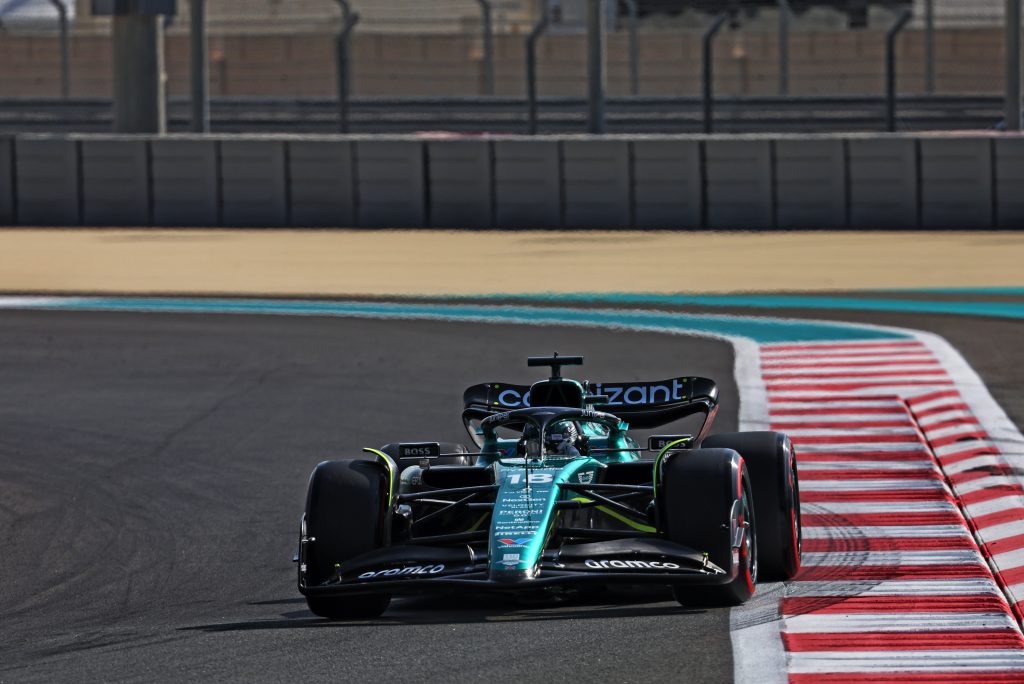

Aston Martin team principal Mike Krack is expecting F1 to adopt an evolutionary approach with its cars for the 2024 season, although is mindful of the machinery due to be unveiled by Mercedes and Ferrari.
The sport will head into the third year of the current ground-effect regulations next season, with the first two thoroughly dominated by Red Bull, which has won a staggering 38 of 44 grands prix.
Red Bull’s rivals have attempted to play catch up, with hit-and-miss success as excellent performances and results on occasion have been punctuated by the car’s failure to adapt to all circuits and conditions.
Krack, though, does not feel there is a need to make a revolutionary leap forward in a bid to fight Red Bull.
In contrast, however, Mercedes is due to unveil an all-new car after two years of struggle with its W13 and W14, whilst Ferrari is set to fundamentally change the architecture of its latest model.
“When you have stable rules, the way we have now, teams will rather go evolutionary,” said Krack.
“If you have such a standout car, as we have with Red Bull, a lot of people will try to go in that direction.
“On the other hand, we have heard from Ferrari, from Mercedes, that they will make very big changes, architectural changes, so we are curious to see what they are going to bring.
“All in all, usually what happens is if the technical regs stay the same, the field moves closer together year on year, which then puts more emphasis on operations.
“If the cars are close together, it is the small differences, the small details that make the difference on your grid position.
“You saw at Interlagos (for the São Paulo Grand Prix), there were six-tenths (of a second) between P1 and P19, and this will only get smaller over the years to come.
“I will be surprised if there is a big deviation from where we are now.”
Krack feels that if Aston Martin is to pursue owner Lawrence Stroll’s aim of winning championships and races then it has to improve on the operations side.
Aston Martin let itself down at times regarding strategy, pit stops, and overall reliability with its cars which played a part in it slipping from second in the constructors’ standings down to fifth by the end of the season.
That was underlined during the Monaco Grand Prix when Fernando Alonso had a shot at victory, only for the team to make the wrong call on tyres in mixed conditions.
“I’m relentless in putting into everybody’s minds that it’s safety, reliability, operations first,” said Krack.
“On the operational side, we have to be 100 percent in each session, in each event, over the whole year, and if we do not manage that, then you cannot extract maximum performance, be it from the driver, the car, the setup, the engineers.
“We must guarantee that we have this box ticked, as we failed to do so on a couple of occasions this year.”




















Discussion about this post